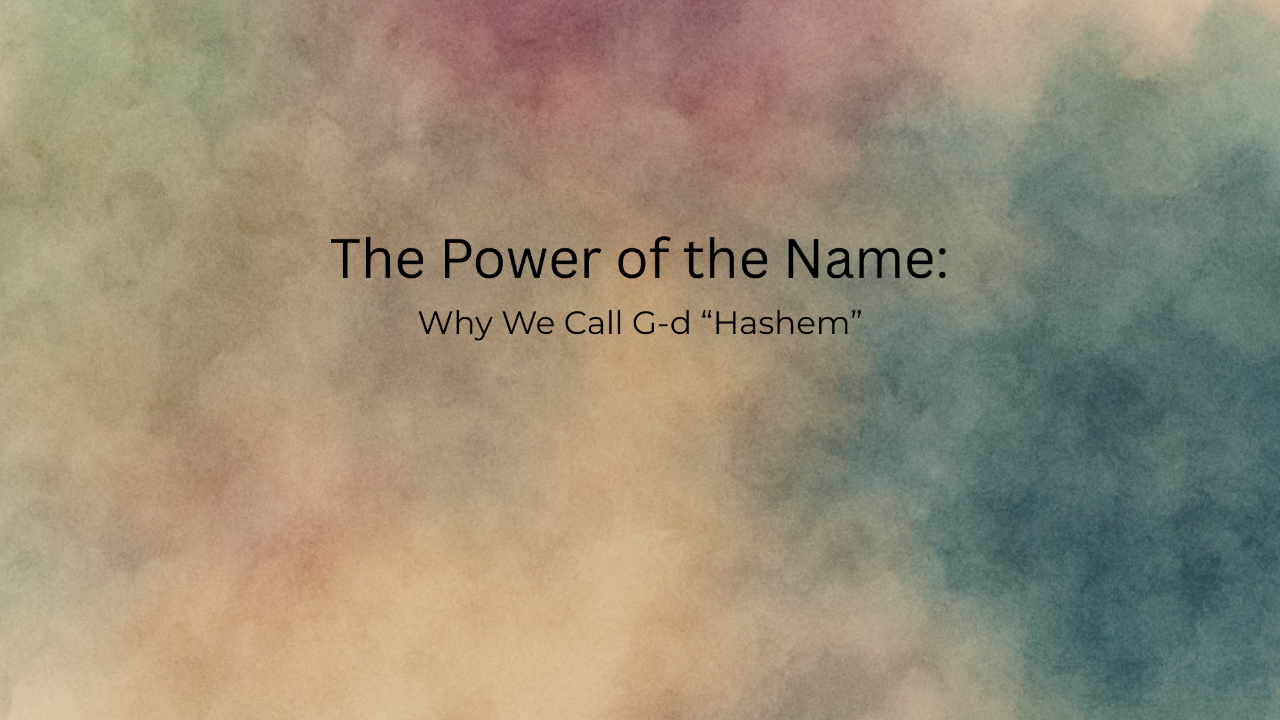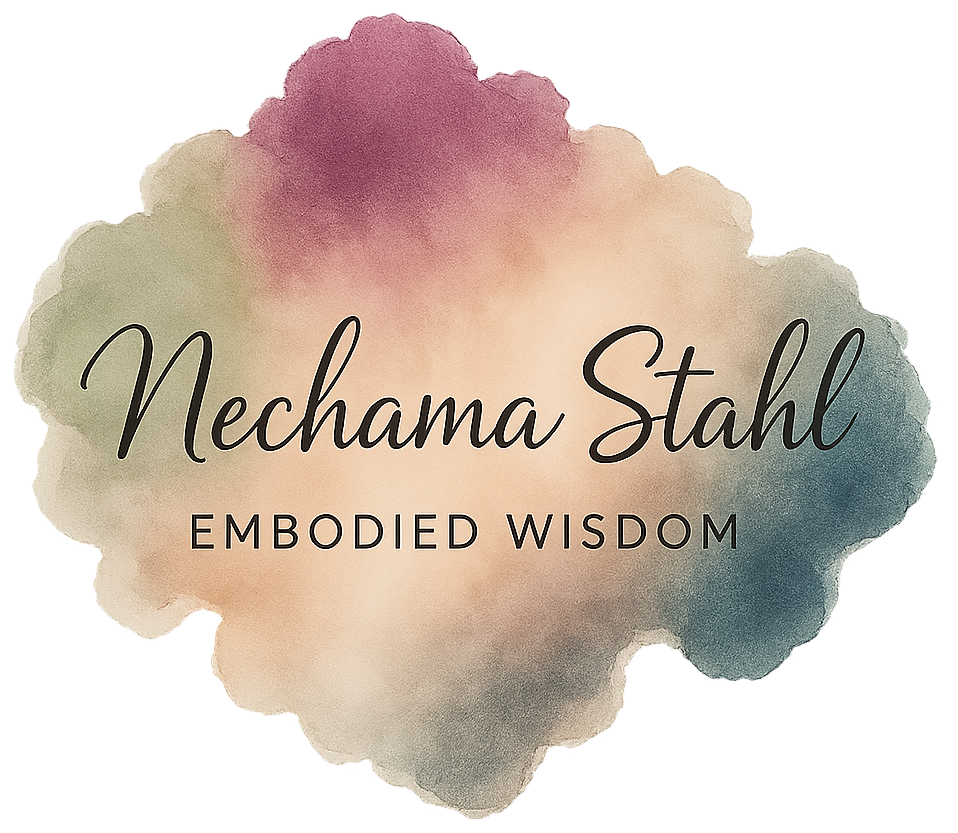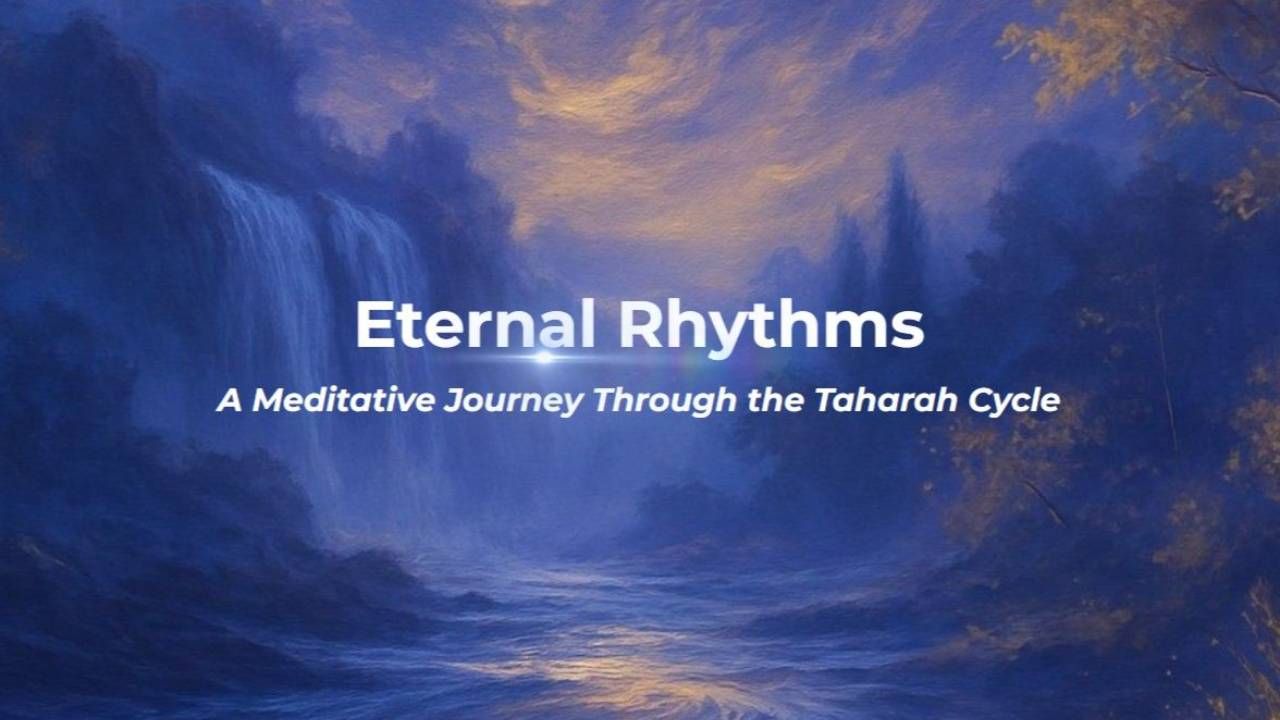
The Power of the Name: Why We Call G‑d “Hashem”
Jun 30, 2025The Power of the Name: What "Hashem" Really Means
This post is part of a series exploring the Aseres Hadibros (Ten Commandments) through the lens of our relationships- with G-d, with ourselves, and with each other.
A Quick Detour Before Dibur #2
As I prepare to write about the second of the Aseres Hadibros, I realized we need a quick detour. Because in order to really understand the next Dibur, we first have to talk about names.
One of the things I’ve been thinking about lately, somewhere between laundry loads and supper prep, is Hashem. Not Who He is, or what He is, but why we so often refer to Him as… Hashem.
In essence, השם just means The Name. That’s it. Nothing poetic, nothing deeply intuitive. Just, literally, the name.
(And yes, this is the kind of thing I think about between folding socks and burning the kugel. It’s just how my brain works.)
The Name Game: Why Names Matter
Every summer in my bungalow colony, certain conversations come up like clockwork. One of them? Baby names.
Should we name after relatives? Should grandparents get a say? Can you just “know" a baby’s name before they’re born?
The conversation always gets passionate. Feisty. There may or may not be some light name-calling involved (pun inevitable).
But beneath the opinions and stories lies something real: names matter.
A name isn’t just how people identify us, it holds something deeper. It reflects our essence. It can guide our growth. Shape the way we move through the world. A name tells you something about the one who holds it.
And Hashem is no different.
We say "Hashem" not because it's vague- but because it's flexible. Because in every moment, He shows up as the name we need most.
Sometimes it's justice. Sometimes compassion. Sometimes the breath that holds us steady. Sometimes the strength that breaks us open.
And since we can’t always know which name is holding us at any given moment… we just say The Name. It leaves room for all of Him.
Seventy-Two Names. Infinite Connections.
Did you know Hashem has שבעים ושניים שמות? Seventy-two names.
Each one reflects a different facet of how He shows up in the world. A different energy. A different mode of relationship.
In school and shiurim, we usually just hear: "Hashem said..." or "Hashem did..." But when you open a Chumash, you'll see different names used, and each one means something.
When Moshe meets Hashem at the burning bush, he asks: "What name shall I tell them?" In other words: What version of You is coming to redeem us? How should I describe You?
And Hashem answers: אֶהְיֶה אֲשֶׁר אֶהְיֶה
"I will be what I will be."
Whatever is needed in the moment, that’s what I am. Because the name matters.
From Breath to Presence
In the first Dibur - אנכי ה' אלקיך - the name used is the Ineffable One. The one that can’t be pronounced. The one that, as I learned from my friend and mentor Fally Klein, is essentially a breath:
י – the inhale
ה – the pause at the peak
ו – the exhale
ה – the pause before the next inhale
Our breath is His name. And our breath is the very way our neshamah entered the body- with a breath through the nostrils.
(But I’ll save the breathwork geekery for another time.)
That name alludes to Hashem’s timeless presence. He was, He is, He always will be. Presence.
Stay Tuned: The Name That Comes Next
In the second Dibur, the name used is different: אלקים. And that matters. A lot.
I’ll explain why- and how it ties into the commandment itself - next week.
But for now, just know: It’s not random. The name always means something.
Final Thought
So next time you say "Hashem," pause. Breathe. Remember: you're calling on the One who meets you exactly where you are- in your breath, your moment, your name.




